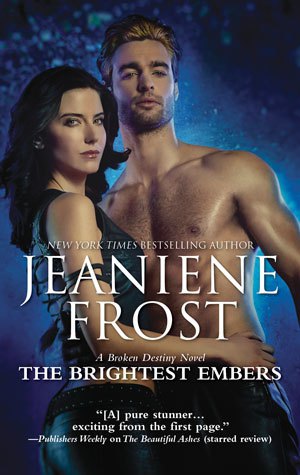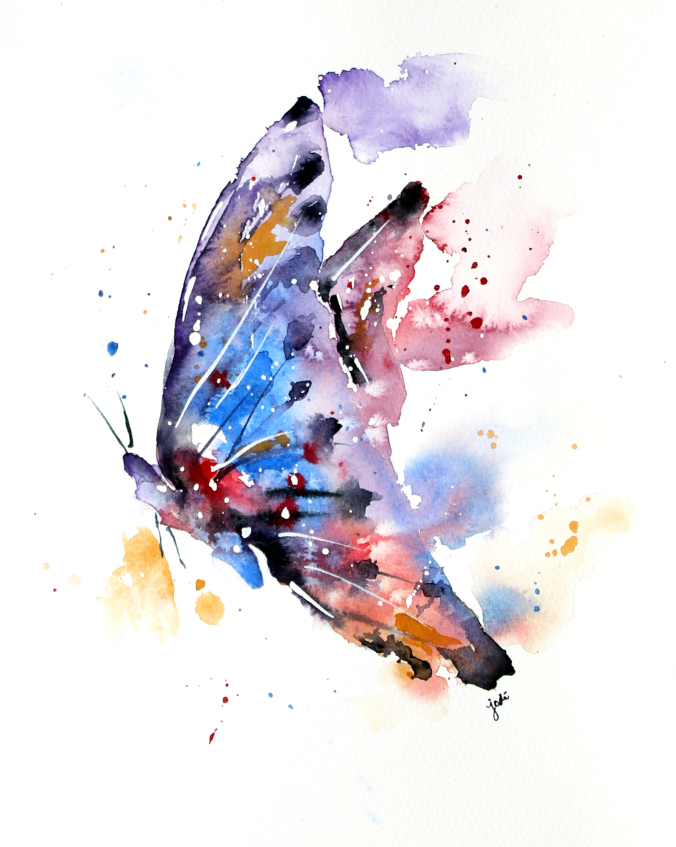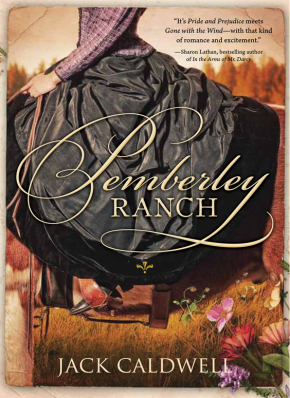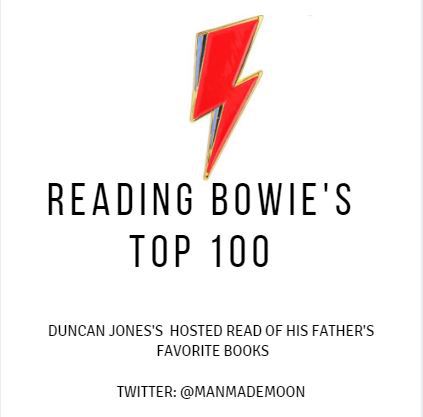
David Bowie’s son, Duncan Jones, is embarking on a project to read his father’s top 100 favorite books. Kicking off on Twitter February 1, the first discussion will be on Peter Ackroyd’s novel Hawksmoor.
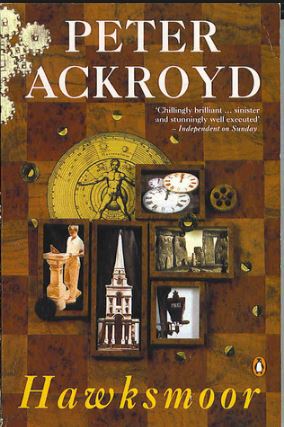
I’m not sure exactly how he plans to carry it out, if he’ll just be tweeting out thoughts or something more organized. Does it matter? It’s about reading and the love of books, and how these particular works influenced a great artist.
Because they’re greedy bastards, Amazon sellers have set prices on Ackroyd’s out-of-print novel as high as $ 1,000. They’ve obviously found out about the reading project, because there’s nothing especially valuable about the book in used paperback edition. Even signed, I can’t imagine there’s a Peter Ackroyd title going for that much.
I almost grabbed the cheapest copy left for $ 35, then decided no, that’s still extortionate. Screw you, bottom feeders. It can be had other places, including:
- Local indie used bookshops
- Libraries
- Audible.com (available with their free trial offer, how I’m “reading” it)
No doubt these same unscrupulous sellers will jack up the prices on other out-of-print books on Bowie’s list. If you’re planning to join in with Duncan Jones, be forewarned: as soon as he announces the next read, prices will soar.
I let Mr Jones know about the price gouging via Twitter:

I also shared with him that it can be had at audible.com, which he re-tweeted. I helped a few potential readers find an affordable option. Because that’s what librarians do.
It is my superpower.
I’ll pop in and out of the reads as the spirit moves me, my schedule clears and my interest is piqued (subject to book availability, as well). I am adding it to my list of organized reads for 2018, but I don’t plan to make it as regular as, say, the Muriel Spark Project and of course the films. It came up rather serendipitously, I happened to see it, and figured what the hell.
Let’s go for it.
God, he was a lovely man.
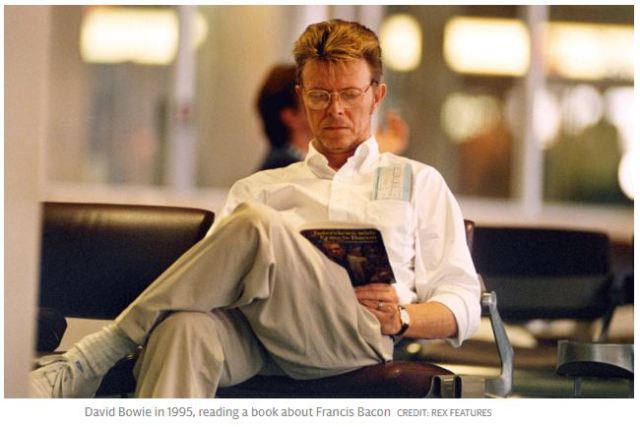
I’m not a huge Bowie fan, per se. I mean, come on, we all know he was a genius. I loved many of his songs; they get stuck in my head and are there for the duration. “Fame” has been playing on a loop since I started writing this, interrupted for brief moments by “Under Pressure.”
He was larger than life. When he died it was a shock; I felt genuinely sad for the loss to the music world. But I’ve never owned any of his albums, never followed him.
My interest went into overdrive once I saw what he’d loved to read. It made me appreciate him more, admire his mind. Yes, he was out there and hugely famous. You can’t NOT know about David Bowie. But, unsurprisingly, it’s the literary element that grabs me most.
I respect this man’s mind. I admire him for what he read, as much as any other reason. Through reading what he read, it just may lead me back to more of his music, as well.
I’ll be coming at him backwards, perhaps, the opposite of how virtually everyone else experiences or has experienced him. Still, I’ll get to know him via the way I know and love best: literature.
I’m a real self-educated kind of guy. I read voraciously. Every book I ever bought, I have. I can’t throw it away. It’s physically impossible to leave my hand! Some of them are in warehouses. I’ve got a library that I keep the ones I really really like. I look around my library some nights and I do these terrible things to myself–I count up the books and think, how long I might have to live and think, ‘F@#%k, I can’t read two-thirds of these books.’ It overwhelms me with sadness.
-
David Bowie
I wonder at what point in his life David Bowie put this selection together, and for whom? Perhaps Duncan Jones will shed light on that. I’m hoping he’ll shed light on an awful lot of interesting tidbits about his father.
He’s a very nice person, approachable and interactive. This could be loads of fun.
Fascinating that so much of Bowie’s reading taste lay in works by American writers and/or about American subjects. But then, that would make sense if you’re talking about American music genres, such as rock and roll and the blues. Why would you not go straight to the source?
As far as the fiction, though, I’m interested by how heavily it’s weighted toward Americans. Not exclusively, no. But there are a lot.
Below is Bowie’s list, as near as I’ve been able to gather via internet sources (a couple had conflicting lists, but I’ll fix that if I can). I’ve noted which may be more difficult to obtain (in bold font) and indicated those I’ve personally read (red highlight):
David Bowie’s 100 FavoUrite Books
- The Age of American Unreason, Susan Jacoby, 2008
- The Brief Wondrous Life of Oscar Wao, Junot Díaz, 2007
- The Coast of Utopia (trilogy), Tom Stoppard, 2007
- Teenage: The Creation of Youth 1875-1945, Jon Savage, 2007
- Fingersmith, Sarah Waters, 2002
- The Trial of Henry Kissinger, Christopher Hitchens, 2001
- Mr. Wilson’s Cabinet of Wonder, Lawrence Weschler, 1997
- A People’s Tragedy: The Russian Revolution 1890-1924, Orlando Figes, 1997
- The Insult, Rupert Thomson, 1996
- Wonder Boys, Michael Chabon, 1995
- The Bird Artist, Howard Norman, 1994
- Kafka Was The Rage: A Greenwich Village Memoir, Anatole Broyard, 1993
- Beyond the Brillo Box: The Visual Arts in Post-Historical Perspective, Arthur C. Danto, 1992
- Sexual Personae: Art and Decadence from Nefertiti to Emily Dickinson, Camille Paglia, 1990
- David Bomberg, Richard Cork, 1988 – best of luck with this one, be quick
- Sweet Soul Music: Rhythm and Blues and the Southern Dream of Freedom, Peter Guralnick, 1986
- The Songlines, Bruce Chatwin, 1986
- Hawksmoor, Peter Ackroyd, 1985 – see above
- Nowhere To Run: The Story of Soul Music, Gerri Hirshey, 1984
- Nights at the Circus, Angela Carter, 1984
- Money, Martin Amis, 1984
- White Noise, Don DeLillo, 1984
- Flaubert’s Parrot, Julian Barnes, 1984
- The Life and Times of Little Richard, Charles White, 1984
- A People’s History of the United States, Howard Zinn, 1980
- A Confederacy of Dunces, John Kennedy Toole, 1980
- Interviews with Francis Bacon, David Sylvester, 1980
- Darkness at Noon, Arthur Koestler, 1980
- Earthly Powers, Anthony Burgess, 1980
- Raw (a ‘graphix magazine’) 1980-91
- Viz (magazine) 1979 –
- The Gnostic Gospels, Elaine Pagels, 1979
- Metropolitan Life, Fran Lebowitz, 1978
- In Between the Sheets, Ian McEwan, 1978
- Writers at Work: The Paris Review Interviews, ed. Malcolm Cowley, 1977 – series of at least 7, as far as I can tell
- The Origin of Consciousness in the Breakdown of the Bicameral Mind, Julian Jaynes, 1976
- Tales of Beatnik Glory, Ed Sanders, 1975
- Mystery Train, Greil Marcus, 1975
- Selected Poems, Frank O’Hara, 1974
- Before the Deluge: A Portrait of Berlin in the 1920s, Otto Friedrich, 1972
- In Bluebeard’s Castle: Some Notes Towards the Re-definition of Culture, George Steiner, 1971
- Octobriana and the Russian Underground, Peter Sadecky, 1971
- The Sound of the City: The Rise of Rock and Roll, Charlie Gillete, 1970
- The Quest For Christa T, Christa Wolf, 1968
- Awopbopaloobop Alopbamboom: The Golden Age of Rock, Nik Cohn, 1968
- The Master and Margarita, Mikhail Bulgakov, 1967
- Journey into the Whirlwind, Eugenia Ginzburg, 1967
- Last Exit to Brooklyn, Hubert Selby Jr., 1966
- In Cold Blood, Truman Capote, 1965
- City of Night, John Rechy, 1965
- Herzog, Saul Bellow, 1964
- Puckoon, Spike Milligan, 1963
- The American Way of Death, Jessica Mitford, 1963
- The Sailor Who Fell From Grace With The Sea, Yukio Mishima, 1963
- The Fire Next Time, James Baldwin, 1963
- A Clockwork Orange, Anthony Burgess, 1962
- Inside the Whale and Other Essays, George Orwell, 1962
- The Prime of Miss Jean Brodie, Muriel Spark, 1961
- Private Eye (magazine) 1961 –
- On Having No Head: Zen and the Rediscovery of the Obvious, Douglas Harding, 1961
- Silence: Lectures and Writing, John Cage, 1961
- Strange People, Frank Edwards, 1961
- The Divided Self, R. D. Laing, 1960
- All The Emperor’s Horses, David Kidd, 1960
- Billy Liar, Keith Waterhouse, 1959
- The Leopard, Giuseppe Di Lampedusa, 1958
- On The Road, Jack Kerouac, 1957
- The Hidden Persuaders, Vance Packard, 1957
- Room at the Top, John Braine, 1957
- A Grave for a Dolphin, Alberto Denti di Pirajno, 1956 – *** pretty much impossible ***
- The Outsider, Colin Wilson, 1956
- Lolita, Vladimir Nabokov, 1955
- Nineteen Eighty-Four, George Orwell, 1949
- The Street, Ann Petry, 1946
- Black Boy, Richard Wright, 1945
- Madame Bovary by Gustave Flaubert, 1856
- Iliad, Homer, c. 1194–1184 BC
- As I Lay Dying , William Faulkner, 1930
- Tadanori Yokoo, Tadanori Yokoo,
- Berlin Alexanderplatz by Alfred Döblin, 1929
- Mr. Norris Changes Trains, Christopher Isherwood, 1935
- Halls Dictionary Of Subjects And Symbols In Art, James A. Hall,
- Blast, Wyndham Lewis, (magazine)
- Passing, Nella Larson, 1929
- The Stranger, Albert Camus, 1942
- Infants Of The Spring, Wallace Thurman, 1932
- The Great Gatsby, F. Scott Fitzgerald, 1925
- The Waste Land, T.S. Eliot, 1922
- McTeague, Frank Norris, 1899
- Zanoni, Edward Bulwer-Lytton, 1842
- Inferno, Dante Alighieri, 1320
- Maldodor, Comte de Lautréamont, 1869
- Lady Chatterley’s Lover, D.H. Lawrence, 1928
- Vile Bodies, Evelyn Waugh, 1930
- The Bridge, Hart Crane, 1930
- The 42nd Parallel, John Dos Passos, 1938
- English Journey, J.B. Priestley, 1984
- The Day Of The Locust, Nathanael West, 1939
- Beano (comic, ’50s)
- Transcendental Magic, Its Doctine and Ritual, Eliphas Lévi, 1854
Lovely, isn’t it?
I’ll let you know how it goes, natch. And, if you’re interested, pop on by Twitter and follow @manmademoon to participate.
Don’t forget.
February 1.
Hawksmoor by Peter Ackroyd
Share this: